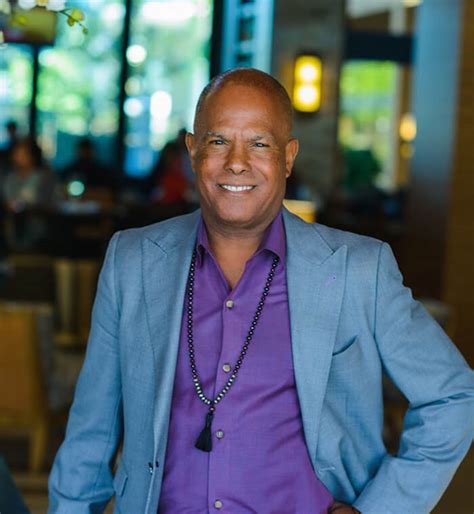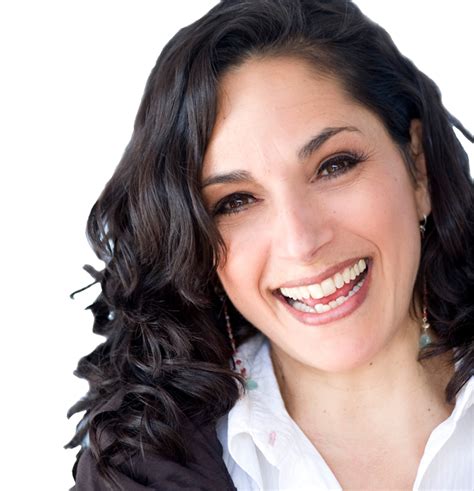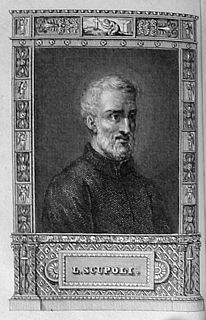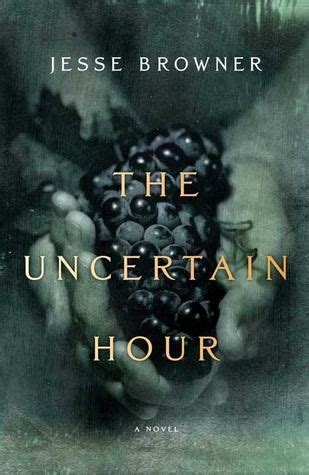A Quote by Jack Kornfield
The willingness to empty ourselves and then seek our true nature is an expression of great and courageous love.
Quote Topics
Related Quotes
In wishing to know ourselves fully, we must forget our quest for gain and seek only completion. At a certain point in our development, we no longer even seek to become Mystic, Magister, Sorcerer, or Witch: we seek only our own perfection in the wholeness of our Will, in the joining of light with dark and strength with love. We are varied and gorgeous yet pure of heart. Our aim is this: to know ourselves and to know the world.
But how can we love someone if we don't like him? Easy-we do it to ourselves all the time. We don't always have tender, comfortable feelings about ourselves; sometimes we feel foolish, stupid, asinine, or wicked. But we always love ourselves: we always seek our own good. Indeed, we feel dislike toward ourselves, we berate ourselves, precisely because we love ourselves; because we care about our good, we are impatient with our bad.
Our ingenuity in feeding ourselves is prodigious, but at various points our technologies come into conflict with nature's ways of doing things, as when we seek to maximize efficiency by planting crops or raising animals in vast mono-cultures. This is something nature never does, always and for good reasons practicing diversity instead. A great many of the health and environmental problems created by our food system owe to our attempts to oversimplify nature's complexities, at both the growing and the eating ends of our food chain.
We are completely unaware of our true nature because we identify ourselves with our body, our emotions and our thoughts, thus losing sight of our unchanging centre, which is pure consciousness. When we return to our true nature, our thoughts and perceptions no longer appear as modifications of a single substance, they come into being and subside like waves of the ocean.
There is also an underlying, less specific fear - what some might call an ontological or existential anxiety - that shrouds our days and seeps into our dreams. We feel empty and seek meaning. We feel empty and seek meaning. We yearn and know not what we yearn for. There is a black hole at the center of our understanding that engulfs and crushes our every attempt to explore it. Something is missing.






































